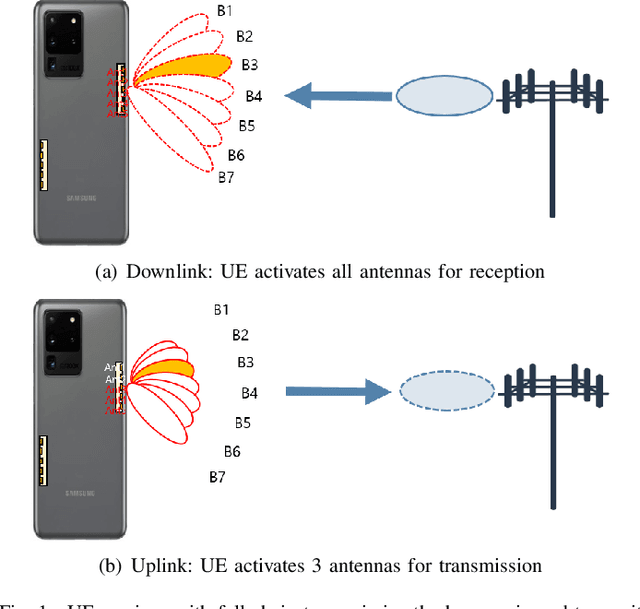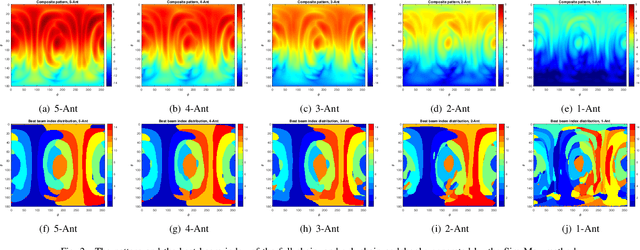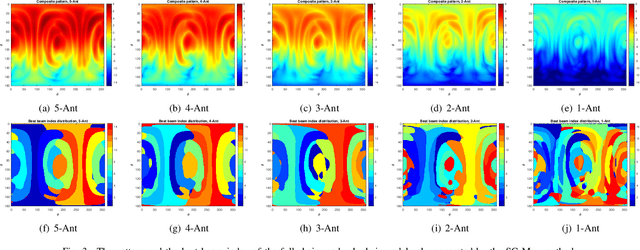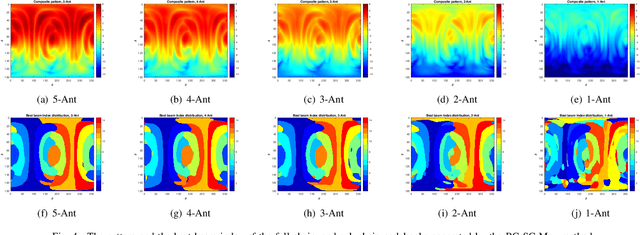Chonghwa Seo
Sub-Chain Beam for mmWave Devices: A Trade-off between Power Saving and Beam Correspondence
Dec 23, 2021



Abstract:Beam correspondence, or downlink-uplink (DL-UL) beam reciprocity, refers to the assumption that the best beams in the DL are also the best beams in the UL. This is an important assumption that allows the existing beam management framework in 5G to rely heavily on DL beam sweeping and avoid UL beam sweeping: UL beams are inferred from the measurements of the DL reference signals. Beam correspondence holds when the radio configurations are symmetric in the DL and UL. However, as mmWave technology matures, the DL and the UL face different constraints often breaking the beam correspondence. For example, power constraints may require a UE to activate only a portion of its antenna array for UL transmission, while still activating the full array for DL reception. Meanwhile, if the UL beam with sub-array, named as sub-chain beam in this paper, has a similar radiation pattern as the DL beam, the beam correspondence can still hold. This paper proposes methods for sub-chain beam codebook design to achieve a trade-off between the power saving and beam correspondence.
 Add to Chrome
Add to Chrome Add to Firefox
Add to Firefox Add to Edge
Add to Edge